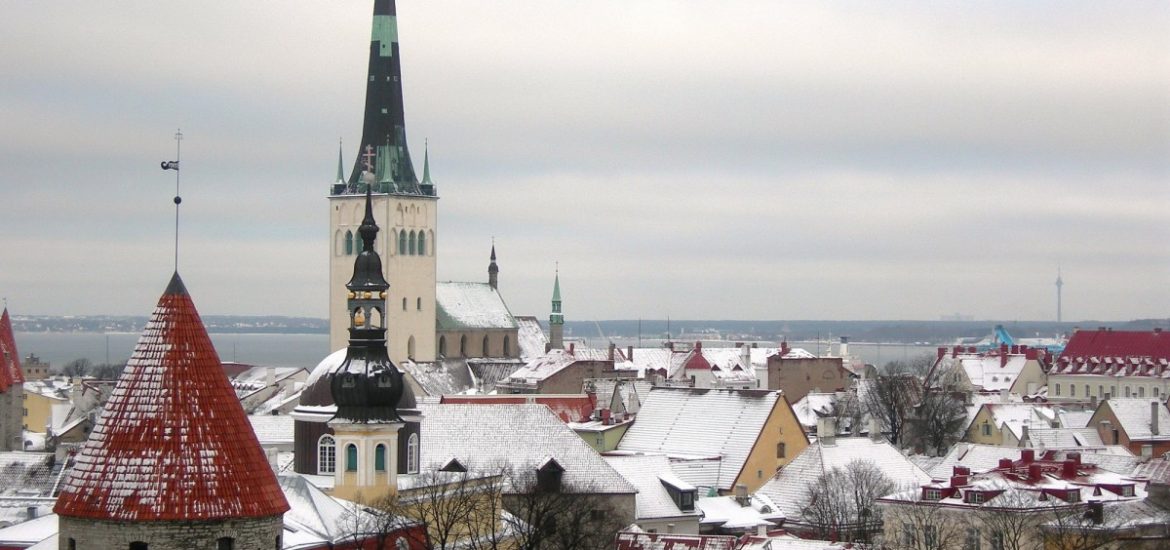
A downturn in primary productionof fossil fuels, as well as nuclear energy, means that the EU’s energy imports have increased, according to the Eurostat statistics agency, showing the 28 members now depend on imports for more than 50 per cent of demand.
In 2016 the EU needed to import an estimated 53.6 per cent of consumed energy, maintaining a trend that has been in place since 2004 and peaked at 54.5 per cent in 2008.
Estonia (pictured) was the least dependent member state with a rate of 6.8 per cent. Denmark’s rate was 13.6 per cent although it was the only EU net exporter from 2005 to 2013, when imports started to outweigh demand.
Romania ranks 26th among the 28 European Union member states in terms of energy dependency, with energy imports covering only 22.3 per cent of national consumption in 2016, Eurostat reported.
In fourth place was heavy coal user Poland with 30.3 per cent, Sweden 31.9 per cent and the Czech Republic at 32.8 per cent.
“At the opposite end of the scale, the highest energy dependence rates were registered in Malta, slightly over 100 per cent because of the build-up of stock, Cyprus (96.2 per cent) and Luxembourg (96.1 per cent), followed by Italy (77.5 per cent), Lithuania (77.4 per cent) and Belgium (76 per cent),” the statistics agency said.
Overall, the energy dependency in the EU was higher in 2016 than in 2000 and, since 2004, the energy dependency in the EU had been above 50 per cent.
Eurostat defines energy dependency as net energy imports divided by gross inland energy consumption, including stock changes, plus fuel supplied to international maritime bunkers, expressed as a percentage.
It is notable that it is the smaller members of the EU, Luxembourg, Malta and Cyprus, that import the most energy.
Despite Luxembourg’shigh import rate, its energy dependence is slightly less than it was in 2000, the year to which Eurostat compares the 2016 figures.
Romania currently imports oil and gas but within the next five years it hopes to become a major producer and exporter of natural gas, due to its offshore reserves in the Black Sea exclusive economic zone.
The UK with 35.3 per cent and France at 47.1 per cent were the least dependent among the countries that consumed the most power.
Estonia imports less fuel than any other EU country. Picture credit: PXHere





